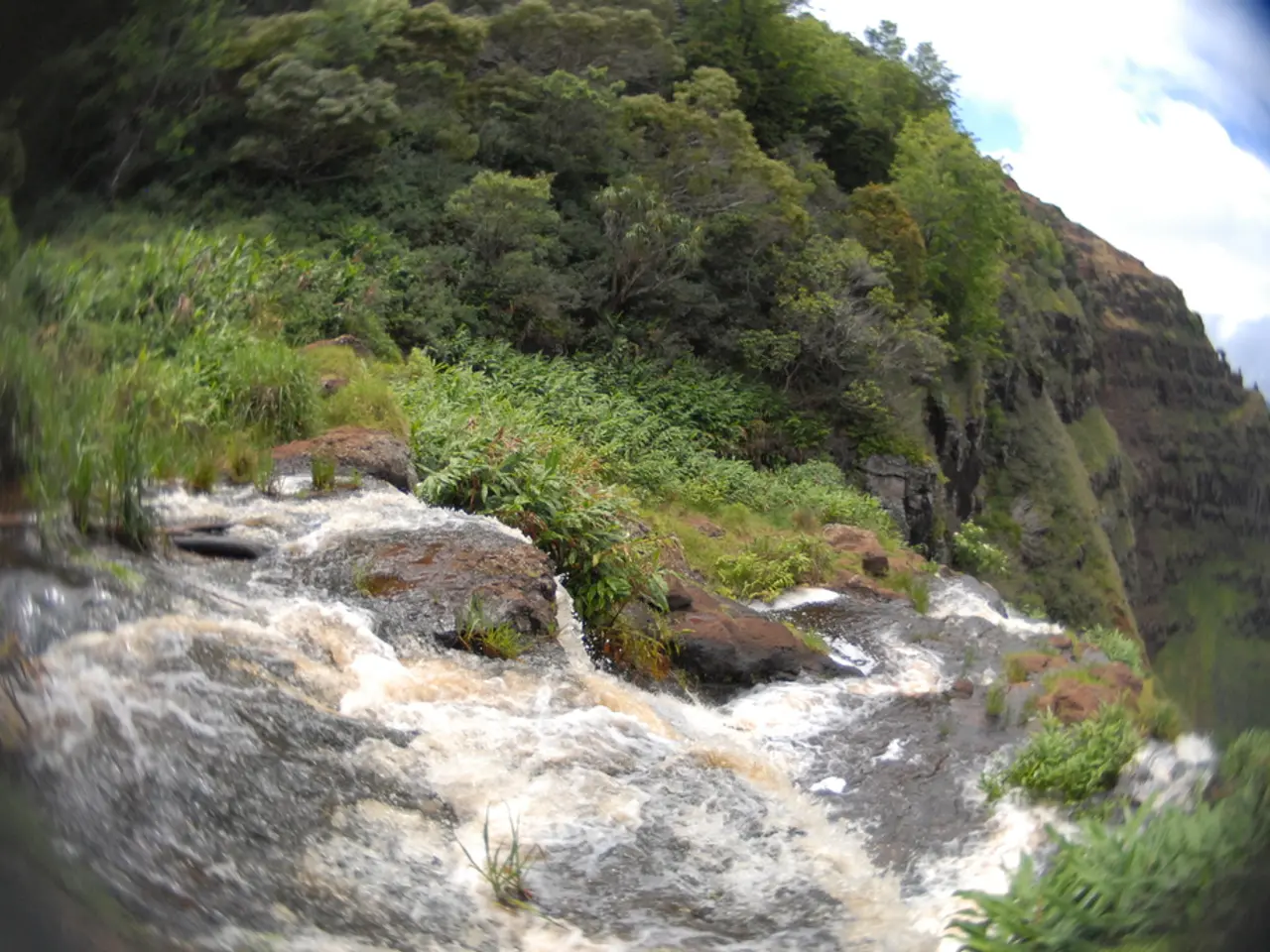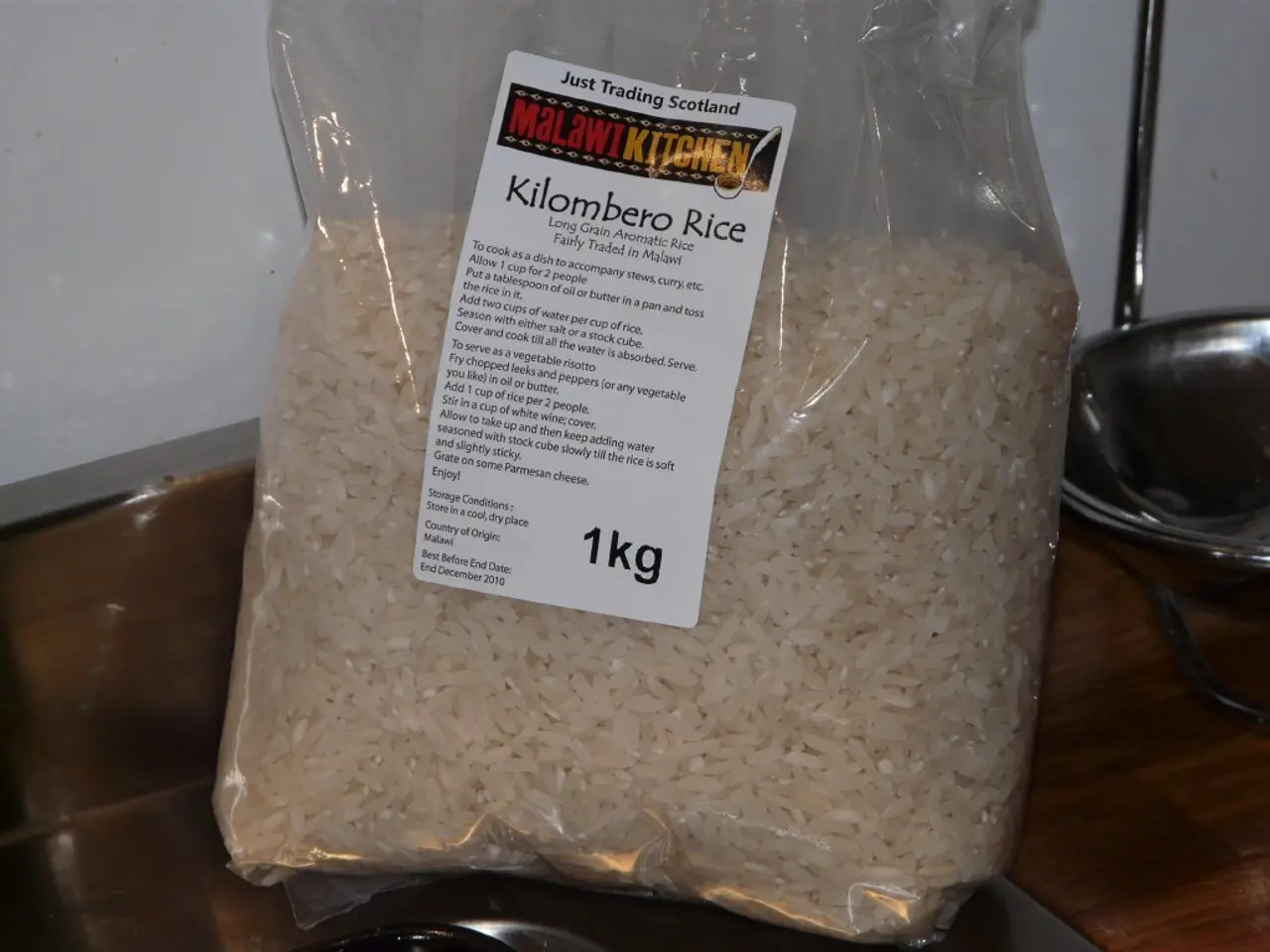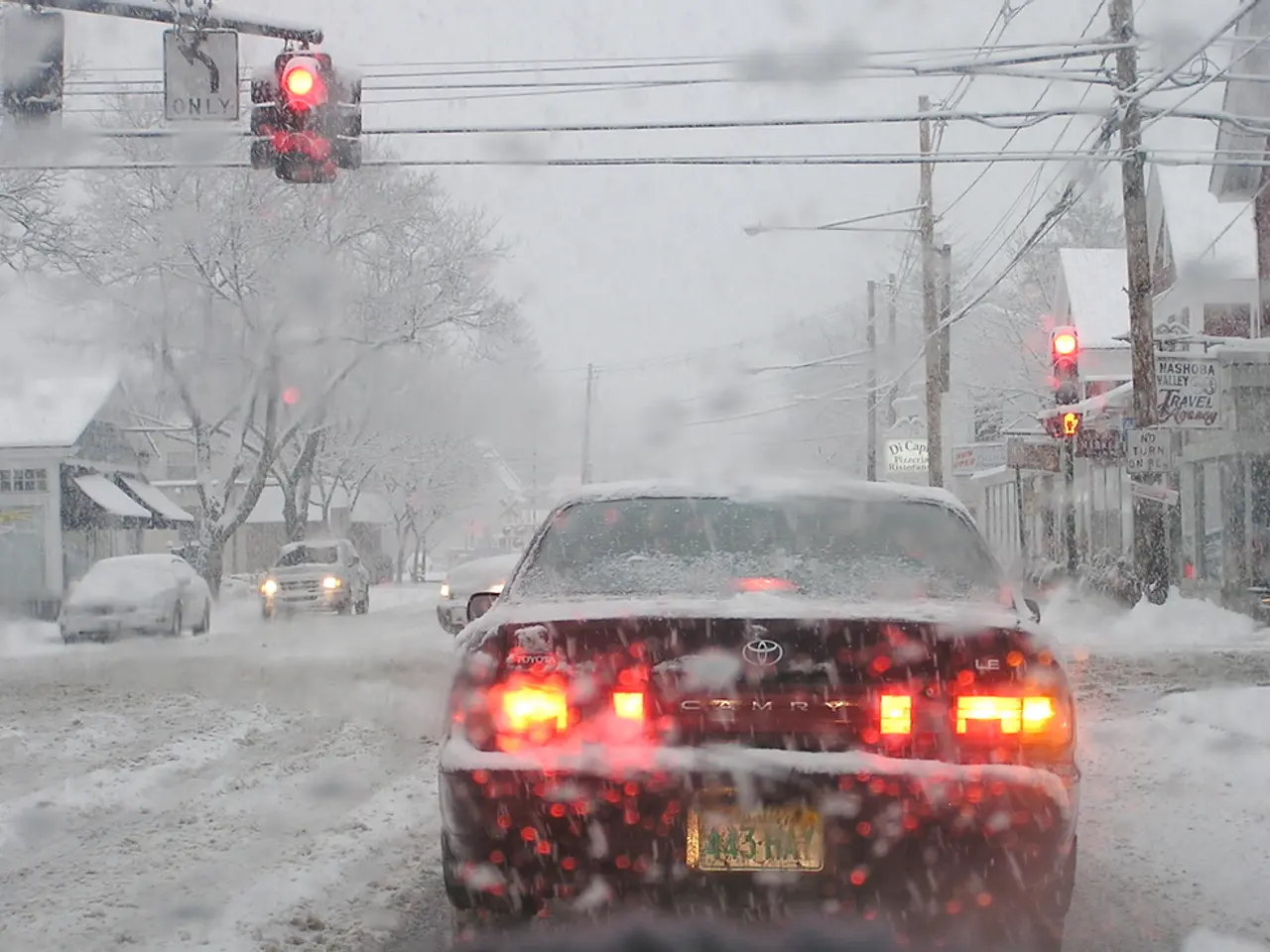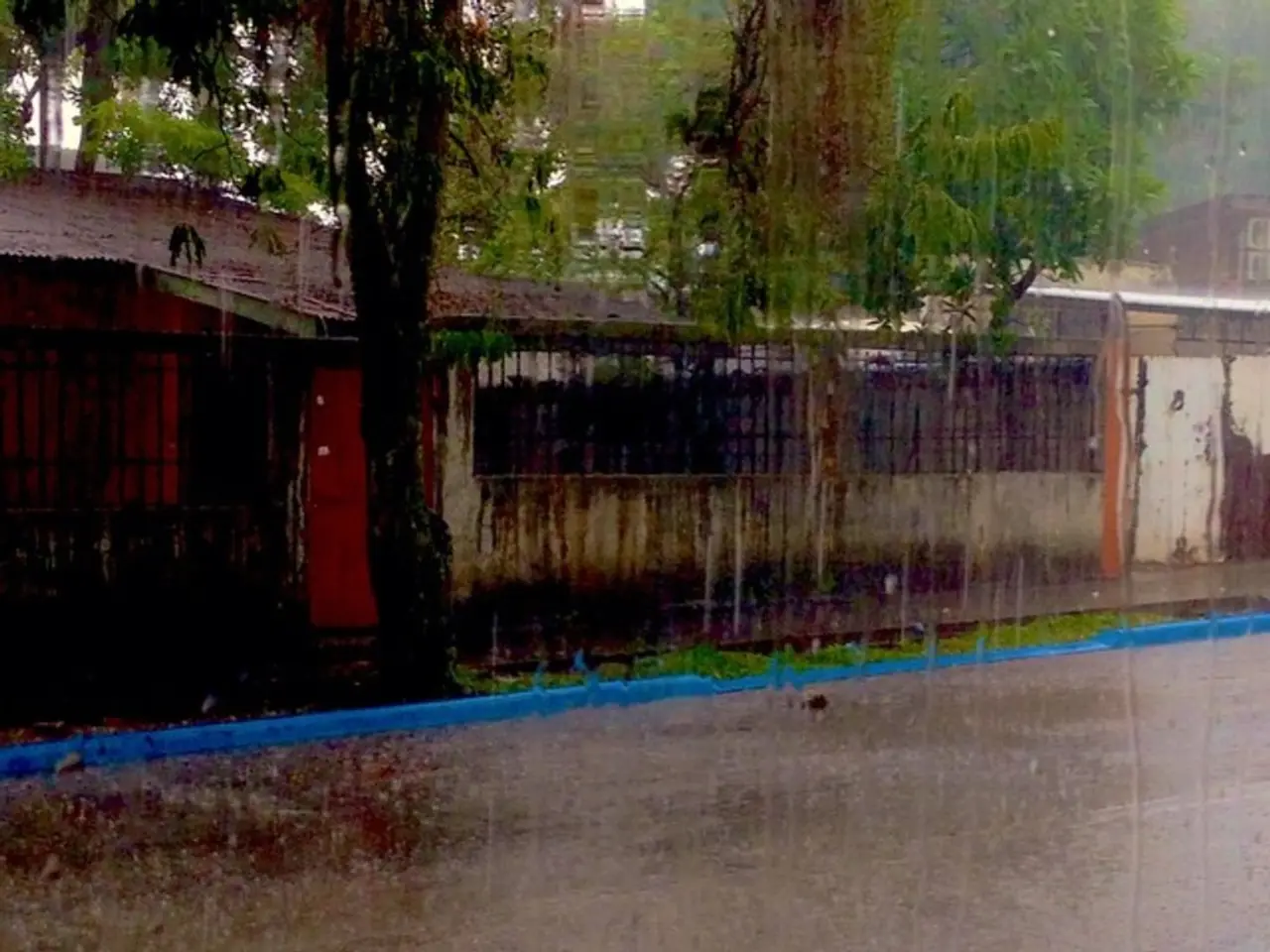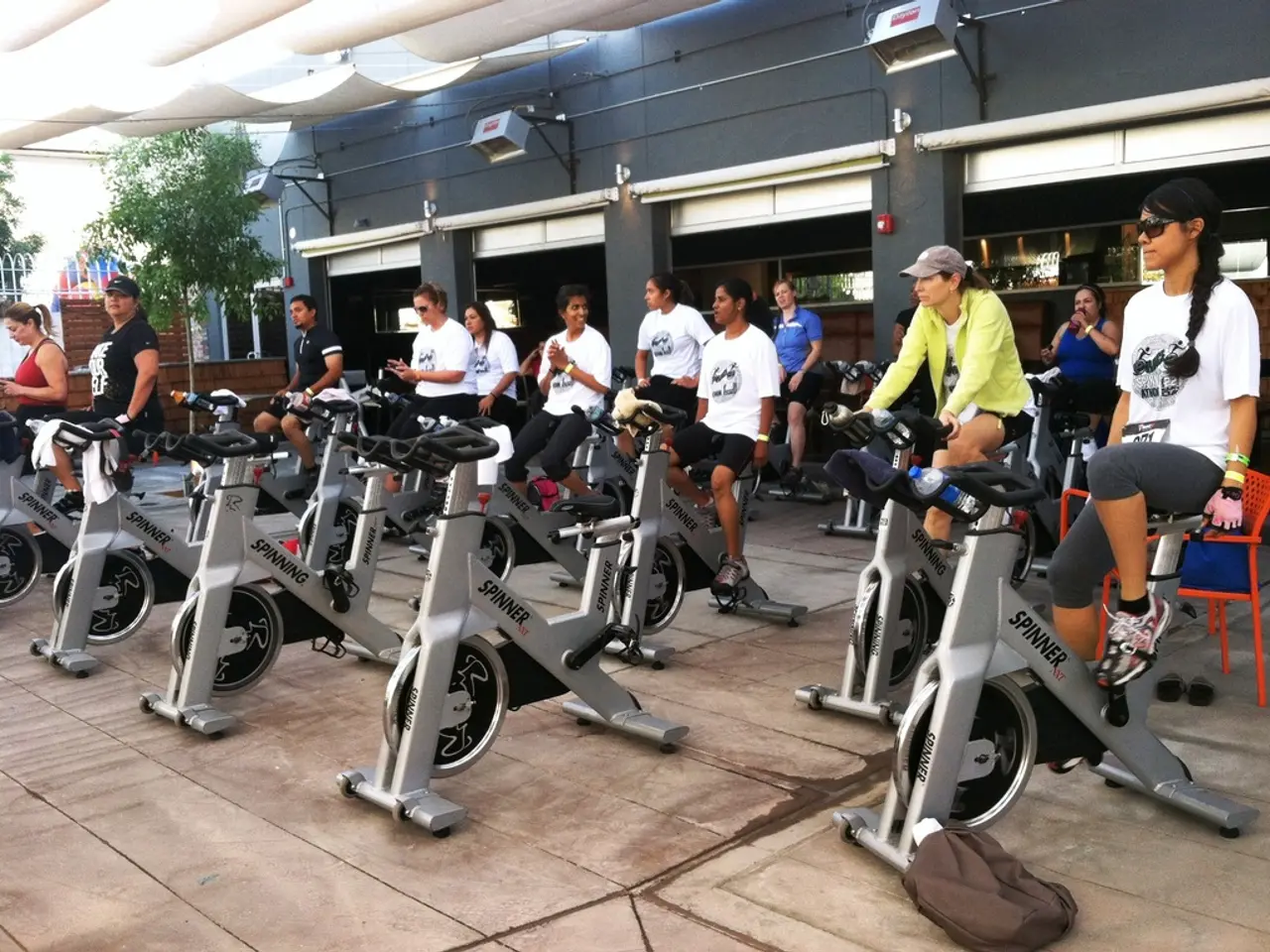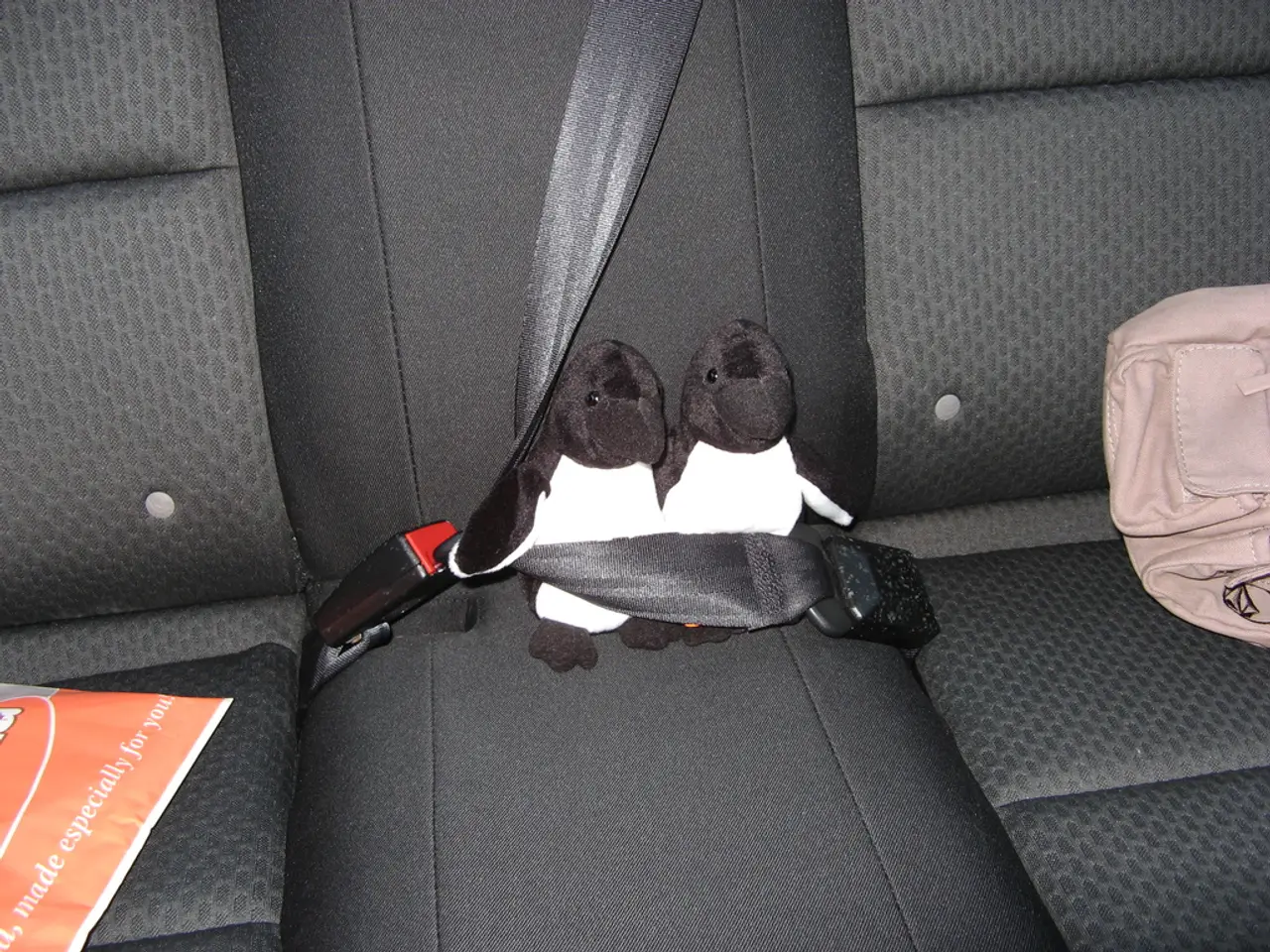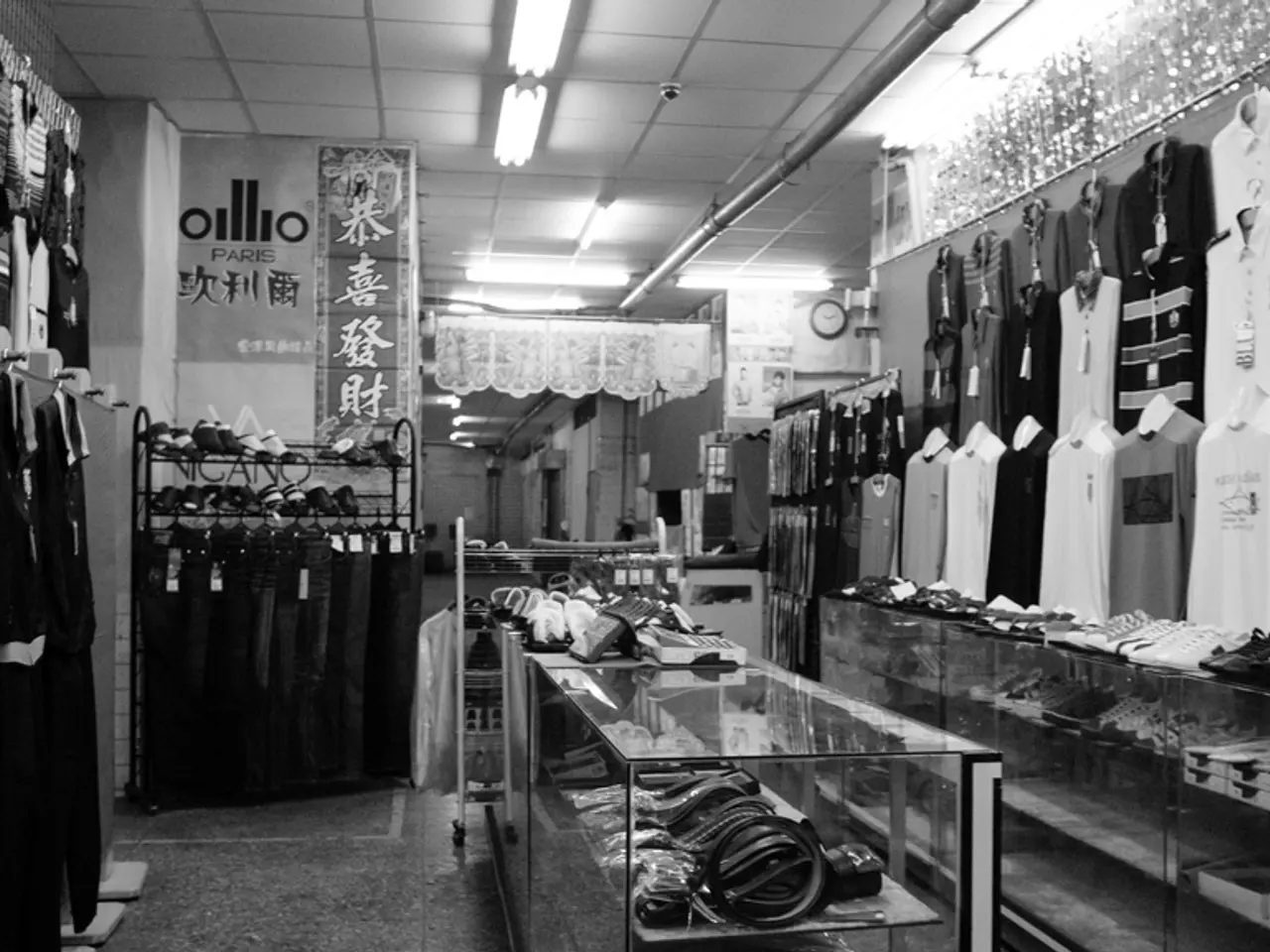Reduced Rainfall in Metro Vancouver: Last month, the region received only half the typical amount of precipitation.
Metro Vancouver Faces Continued Drought Risk Amidst Abnormally Dry July
Metro Vancouver, located in British Columbia, experienced an abnormally dry July 2025, receiving roughly half of its usual precipitation for the month. This dryness continued a provincial trend of drought, with many areas in British Columbia rated as abnormally dry or worse, impacting stream flows and water availability.
The reduced precipitation was the primary immediate cause of the dryness in Metro Vancouver for July 2025. Longer-term climate factors, such as increasing heat waves causing earlier snowmelt and reducing summer water flows from snowpack and glaciers, are also contributing to the drought conditions. These factors are a reflection of a broad pattern of below-normal precipitation and higher-than-normal temperatures across much of the province.
The effects of the drought are evident. Water levels in rivers and streams are below normal or well below normal across the province, putting aquatic ecosystems and vulnerable fish species at risk. The provincial government is urging voluntary water conservation to avoid regulatory restrictions, and if stream flows reach critical lows, protection orders may be implemented as a last resort to safeguard ecosystems. Ranchers and agricultural users in the province face water shortages, prompting discussions on improving water storage and considering nature-based solutions like wetland restoration and damming to regulate water availability on the landscape.
In Abbotsford, up the Fraser Valley, the water conservation measures have been elevated to Stage Two, which includes a ban on lawn watering and more restrictive rules for watering plants. However, Metro Vancouver remains at Stage One, its lowest level of water restrictions, despite the dry conditions. The region is still asking people to be careful about their water use, limiting lawn watering to once a month and doing it early in the morning with automatic sprinklers.
While specific August forecast data for Metro Vancouver was not directly stated, ongoing drought conditions and below-normal precipitation trends in July suggest continued risk of dry conditions in early August. Provincial authorities continue to monitor drought and have adopted a standardized drought and water scarcity reporting system, encouraging ongoing or increased water conservation in households and communities through the summer.
Loney, a meteorologist who was not named, mentioned that there will be an increasing chance of showers coming with the approaching upper trough. The province's entire southwest had a dry month in July, following an already parched June. Despite the forecast for relief from the upper trough, the rest of August is forecast to return to a hotter, drier pattern, meaning more appeals for water conservation are likely in the weeks ahead.
The ongoing dryness in Metro Vancouver is a consequence of both the abnormally dry July and long-term climate factors, such as the rise in heat waves and earlier snowmelt, which are linked to climate change and environmental science. Given the below-normal precipitation trends and higher-than-normal temperatures across British Columbia, the risk of continued dry conditions in early August is high.
